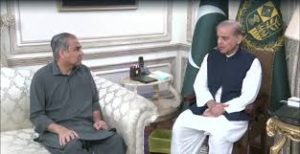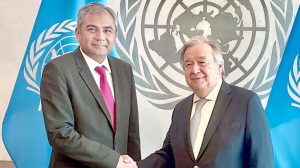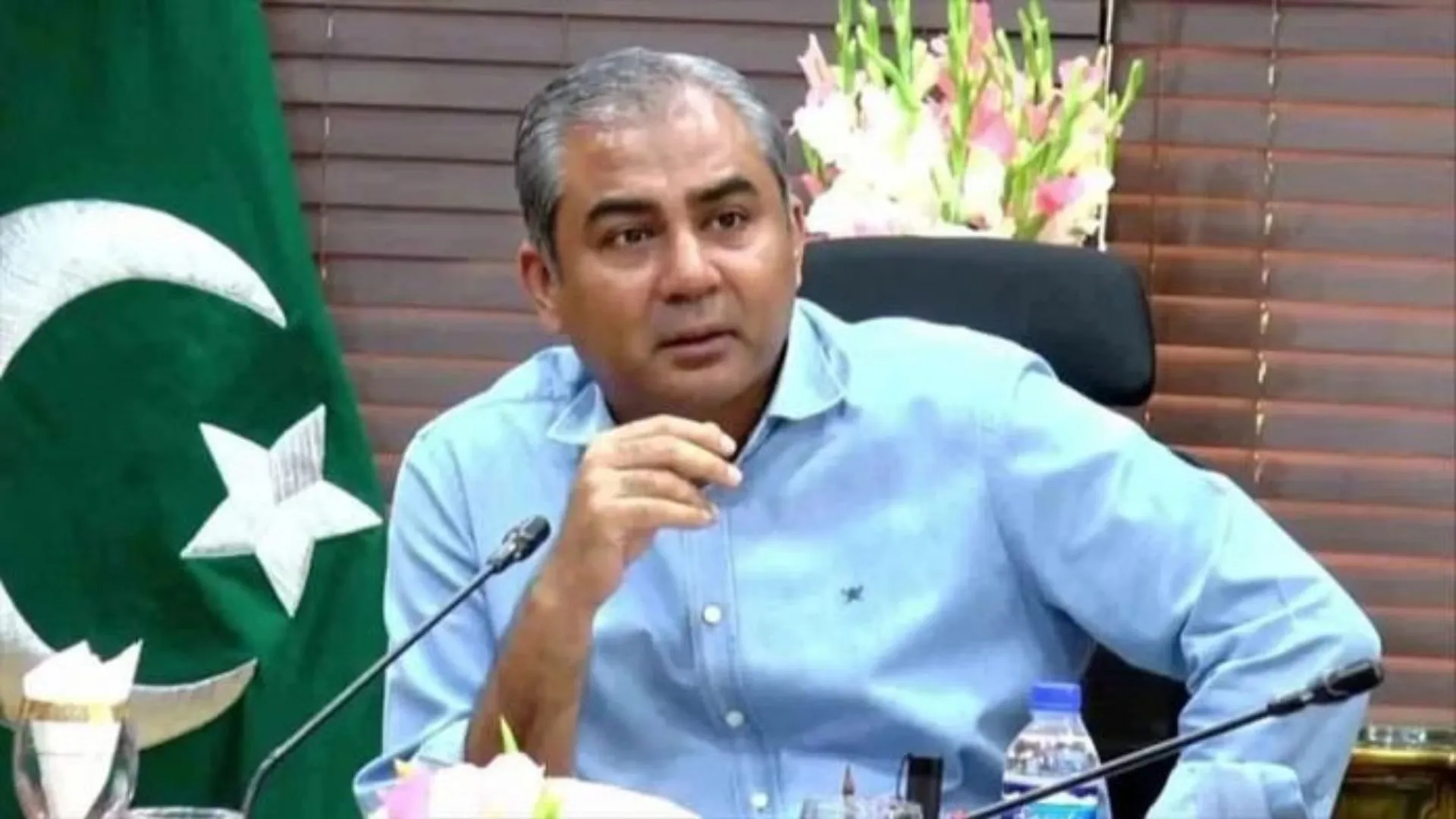When Mohsin Naqvi was entrusted with the portfolio of Federal Minister for Interior and Narcotics Control, expectations were already high. His tenure as Chief Minister Punjab had earned him the nickname “Mohsin Speed” for pushing through record-breaking development projects in record time. Now, at the national level, his leadership is being tested on even more complex fronts: internal security, institutional coordination, citizen services, and urban transformation.
A closer look at his journey up to August 2025 reveals a leadership style that is dynamic, multidimensional, and reform-driven.
Closing Institutional Gaps
One of Naqvi’s earliest priorities as Interior Minister was to bridge the silos among state institutions. He pushed for greater synergy between NADRA, FIA, Police, Anti-Narcotics, Cybercrime Units, CDA, ICT Administration, Frontier Corps, and others.
By mid-2025, he had already convened high-level meetings to stress resource-sharing, merit-based training, and operational alignment. Departments were asked to propose reforms that would bring Pakistan’s service delivery closer to global best practices.
This emphasis on institutional coordination reflects his belief that effective governance depends not on isolated effort, but on seamless teamwork.
A Stronger Security Framework 
Security has remained at the heart of Naqvi’s portfolio. From commending successful counterterror operations in Tank to conducting aerial inspections of Islamabad, Rawalpindi, and Attock, his actions have combined oversight with field presence.
On sensitive occasions like Muharram processions, he insisted on aerial surveillance, police snipers, and drone restrictions, while also visiting police lines to boost morale and emphasize preparedness.
These measures underline his hands-on style of leadership, where morale-building and operational vigilance go hand in hand.
A National Leap in Intelligence: NIFTAC
Perhaps Naqvi’s most significant institutional reform has been the launch of the National Intelligence Fusion and Threat Assessment Center (NIFTAC). Approved in April 2025 and inaugurated by Prime Minister Shehbaz Sharif a month later, NIFTAC has brought together over 50 federal and provincial agencies under one hub for intelligence sharing and threat assessment. Its provincial arms, PIFTACs, extend coverage across the country, including AJK and Gilgit-Baltistan. This structural innovation positions Pakistan for a more integrated and predictive approach to counterterrorism.
Diplomacy with a Security Lens
Naqvi’s role has not been confined to domestic affairs. On the diplomatic front, he has met counterparts from the UK, Saudi Arabia, Turkiye, and Hungary, signaling Pakistan’s readiness to expand cooperation in security and counter-narcotics.
Yet his outreach has also had a softer touch. Inviting diplomats — such as the US Acting Ambassador — to cultural events like Jashn-e-Baharan reflects an effort to balance hard security with people-to-people connections.
Transforming Islamabad: A Model Capital in the Making
Parallel to his interior portfolio, Naqvi has been instrumental in reshaping Islamabad through the Capital Development Authority (CDA). His vision is clear: to turn Islamabad into a modern, sustainable, and world-class capital city.
Reviving Dormant Sectors
Sectors left undeveloped for decades were revived, with digitized land records, one-window operations, smart apps, and 24/7 helplines improving citizen services.
Greener, Smarter Mobility
CDA has shifted towards electric motorcycles, eco-friendly buses, and improved waste management systems, alongside efforts to establish a Capital WASA for water and sanitation.
Tackling Traffic Chaos
Underpasses and interchanges at Serena Chowk, F-8, and Jinnah Avenue — long delayed — were completed in record time. Plans for multi-storey parking plazas aim to further ease congestion in major markets.
Beautification & International Readiness
Before the SCO Summit 2024, Islamabad underwent rapid beautification, landscaping, and lighting projects, alongside renovation of the Jinnah Convention Center.
Protecting Land & Citizens
From anti-encroachment drives to protecting Margalla Hills National Park, Naqvi pushed aggressive action to safeguard public land while ensuring timely possession for allottees, including overseas Pakistanis.
The Bigger Picture
Summing up his performance as of August 2025, four themes stand out:
Coordination: stronger synergy across institutions.
Security: proactive monitoring and morale-driven policing.
Innovation: structural reforms like NIFTAC and digitized services.
Development: transformative projects for Islamabad’s future.
In a political climate often marked by instability and competing priorities, Mohsin Naqvi’s leadership has delivered both pace and substance. His ability to blend governance, security, and development initiatives highlights a governance model that is not only reactive but also future-focused.
Islamabad today is on its way to becoming a city that is safer, smarter, and more sustainable — and the broader governance framework of Pakistan stands stronger as well.


